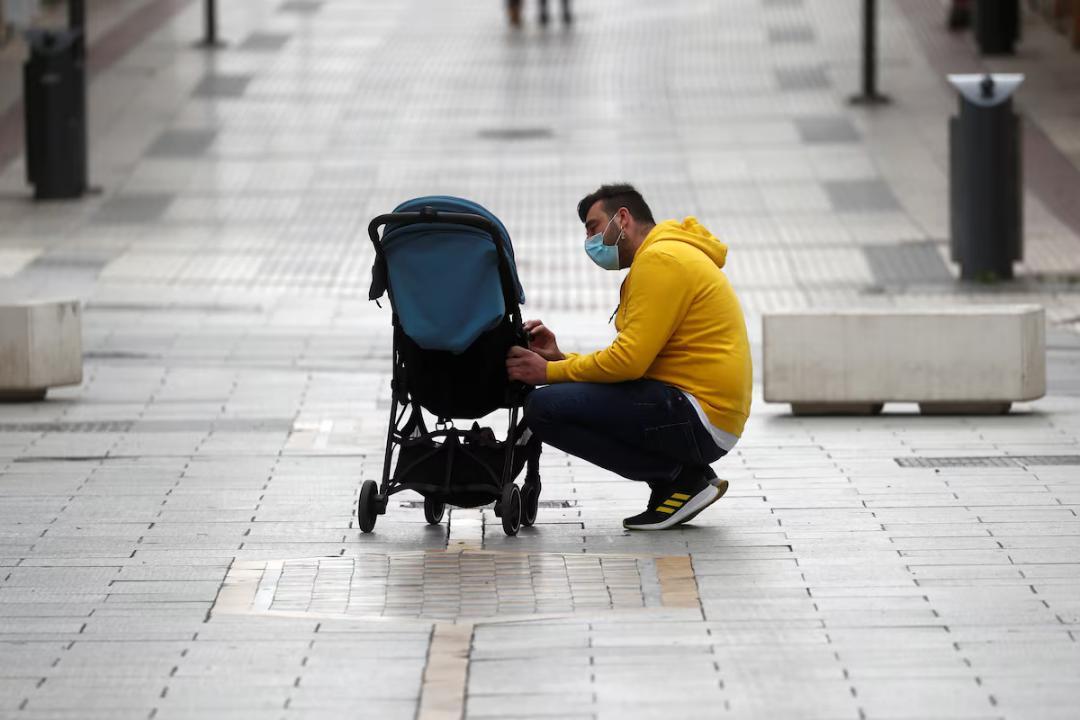
Spain to Offer 17 Weeks of Parental Leave to Both Mothers and Fathers
Spain has made a significant move towards gender equality by announcing plans to extend its parental leave policy to 17 weeks, with both mothers and fathers entitled to equal, fully-paid leave after the birth of a child. This move is a significant step forward in promoting work-life balance and supporting families in Spain.
Currently, Spain offers 12 weeks of fully-paid parental leave, which is one of the most generous parental leave policies in Europe. The new policy will add an additional five weeks of leave for both mothers and fathers, making Spain one of the few countries in the world where both parents can take equal time off to care for their newborn child.
The new policy is seen as a major step forward in promoting gender equality and supporting working parents in Spain. Minister for Equality, Irene Montero, hailed the move as a “victory for feminism” and a significant step towards achieving greater equality between men and women.
“This is a huge step forward for Spain,” Montero said in an interview. “We are moving towards feminism, and there’s no turning back. We are making it possible for men to be more involved in childcare, and for women to have more opportunities in the workplace.”
The new policy is expected to have a significant impact on working parents in Spain, particularly mothers who often bear the brunt of childcare responsibilities. The additional five weeks of leave will give parents the time and space they need to care for their newborn child, and to adjust to the challenges of parenthood.
The policy is also expected to have a positive impact on the economy, as it will help to reduce the number of women who leave the workforce to care for their children. According to the World Economic Forum, Spain has one of the highest rates of women leaving the workforce after having children, with 44% of women dropping out of the workforce to care for their children.
The new policy is also seen as a major step forward in promoting equality between men and women. In many countries, women are still expected to take on the majority of childcare responsibilities, and men are often seen as being less involved in childcare. The new policy will help to break down these stereotypes and promote greater equality between men and women.
Finland is the only other EU country that offers equal, fully-paid birth leave to both parents. The country’s policy is seen as a model for other countries, and Spain’s new policy is likely to follow a similar model.
The new policy is expected to be implemented in the coming years, and it is expected to have a significant impact on working parents in Spain. The policy is seen as a major step forward in promoting gender equality and supporting working parents, and it is likely to be a model for other countries to follow.
Spain’s new parental leave policy is a significant step forward in promoting gender equality and supporting working parents. The policy is expected to have a positive impact on working parents, particularly mothers, and it is likely to help to break down stereotypes about men and women’s roles in childcare.
The policy is also expected to have a positive impact on the economy, as it will help to reduce the number of women who leave the workforce to care for their children. The World Economic Forum has identified Spain as one of the countries that needs to improve its parental leave policies to promote greater gender equality and support working parents.
In conclusion, Spain’s new parental leave policy is a significant step forward in promoting gender equality and supporting working parents. The policy is expected to have a positive impact on working parents, particularly mothers, and it is likely to help to break down stereotypes about men and women’s roles in childcare.






